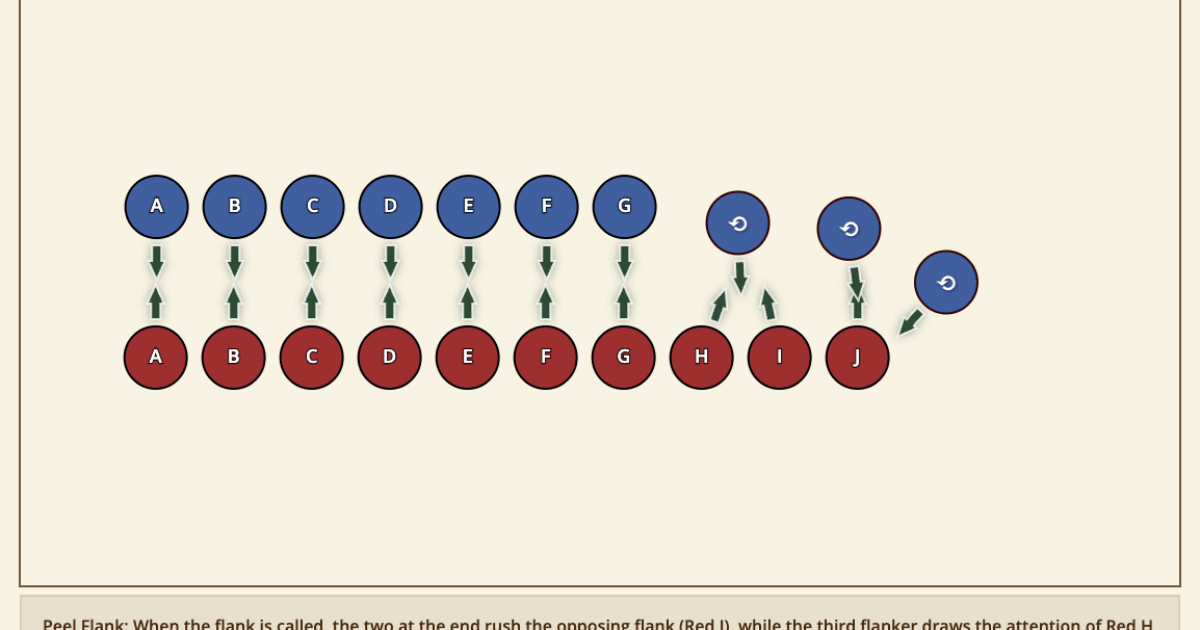A slump is anytime you feel like your progress has slowed down or has even come to a stand still. They are a natural part of fencing and everyone goes through them, but that doesn’t mean they’re not difficult challenges when you find yourself in one.
Slumps usually occur when a fencer either no longer has a goal to strive for, isn’t actively engaged, or doesn’t know what to do next. This is why slumps are more common for Swordsmen who have graduated from the Training Program. Leaving the structure of the program and entering a world of possibilities is daunting and sometimes difficult. This leads many to fall into a slump, which can be hard on morale. Luckily, there is hope.
I have found that your options are not limited when trying to get out of a slump. All that is required is a determination and passion enough to push through. Getting out of a slump is difficult and it may take some time, but it is never insurmountable. For that reason, I wanted to share some activities anybody can do that can help get you out of a slump.
Get Back to the Basics
The longer we are in fencing, the more we strive for newer and fancier techniques. We push ourselves forward, but sometimes we forget about our basic foundations. Our blocks, footwork, or point control become a little sloppy and that makes the more advanced techniques difficult or even impossible to do. Even though it sounds counter-intuitive, getting back to the basics will help push you forward.
By breaking down some of your habits or techniques, you’ll be able to build a stronger base that you’ll build upon later. It will hard and you’re going to see a drop in your skill or win record for a time, but that’s when it is most important to stick to it. Review each of the lessons you learned as a Newcomer, Initiate, or Novice and see what you can learn. With your added experience and perspective, you’ll able to dive deeper into those foundational lessons then when you first learned them.
Be Actively Engaged
A leading cause of the slumps is a lack of engagement. When we are new and bright-eyed, many of us just want to soak up everything there is to know about fencing. Sometimes even to our detriment, but over time that initial excitement fades away. We become lackadaisical with our efforts and that causes our progress to slow down or stop. A great way to get out of a slump is to become actively engaged with your learning and what is going on around you. If you are participating in a training, ask questions and be attentive. Refuse to be satisfied with basic answers and dig for deeper meaning. Request trainings, comment on the website, and start conversations. Your enthusiastic engagement will pull you out of your slump over time and even encourage others to do the same.
Conditioning
Conditioning is a great place to kick your fencing back into gear. Your goal is to train to be stronger and faster, so you can focus on your technique instead of your tired arms. Any exercise is better than no exercise, but try these fencing exercises that focus on forearm conditioning.
Additionally, you could try doing the Winter Warrior Challenge. It’s the middle of Summer, but doing any of the four exercises in the Winter Warrior Challenge for 100 days will radically improve your skill in that area.
Develop a Kata
A Kata is series of choreographed moves that are done over and over. They typically have 5-10 moves and by practicing them in a repetitive way you can develop the ability to execute those techniques and movements in a natural, reflex-like manner. The goal is to internalize the movements and techniques of a kata so they can be executed and adapted under different circumstances, without thought or hesitation. When you first start, your actions will look uneven and difficult. Overtime, they will appear simple and smooth.
Katas are also great ways to highlight the base set of skills for your own personal style. If you think about your fencing, pick out your best or most frequently used skills. Try to chain them together into a single kata. Write down your steps and study out what they say about your fighting style. Are you offensive or defensive? Do you focus on your footwork or your point control? By developing a kata, you can build the foundations of your own style and even have something to show others to help demonstrate what you’ve developed.
Find a Master or Apprentice
The reason many people fall into slumps after graduating from the training program is because they no longer have direction. Finding a Master or an Apprentice is one of the strongest ways to resolve that issue, because it gives you an immediate focus. A Master must focus on what they know and how they can share it with someone else. An Apprentice must focus on setting aside their own tendencies and become a student, ready to learn.
Use a Fencing Journal Frequently
Fencing journals are strong tools to get you out of a slump. By recording and studying out what you learn, notice, and discover, you’ll find that your desire to learn more will grow and it will pull you to experiment. Recognizing even the smallest nuances of fencing can give you a boost in morale as you discover something new. It’s exciting and can lead to more.
Use your fencing journal to study individual fencers, your own fights, what makes good scenarios, or whatever else calls to you. What matters is that you use it often enough to encourage yourself.
Talk about Fencing
Finally, talking about fencing can help you get out of a slump. Find someone, anyone, who will listen and converse with you about fencing. Make it a goal to help each other delve into the unknown depths of fencing. Refuse to stay at the surface. If you are someone who struggles to know what to say or have something to say in general, talk about yourself. I cannot emphasize how powerful discussing your own skills, techniques, or philosophies is with someone who is willing to listen and help. Talk about what you do and then try to discover why you do it. What does that tell you about you as a fencer or what can you do with it in the future.
Moving Forward
I hope that these few activities will inspire you to push forward and progress as a fencer. Especially if you have found yourself in a slump that you are struggling to get out of. Remember that a slump is only temporary and if you keep moving forward with determination and passion, you’ll always find your way out.


I also fell into a slump at the beginning of the year and to get my self out I decided to find a master. Now I’m always looking forward to a new thing to learn or even going over older things. It has really helped.
Mercy! Look at that mans forearms! That is some impressive arm conditioning going on there! I actually really love that. I’m totally going to start that.
I have experienced several times where I have been in a slump and I have used all of these techniques, except Kata, to get out of them.
I am a huge believer in getting back to basics. I did some of the Winter Warrior challenge over the winter and I felt better prepared when I started the season.
Reengaging takes some focused mental effort. You have to break down what is going on in your head and decide how to move forward but while it tends to have a slow spin up because it is internally motivated it means more over time.
Spending time as an apprentice was massively helpful. I learned more in those three years than in all the time I’d spent fencing previously. As a master I learned a lot too but in a very different way.
My journal is absolutely indispensable in my study of fencing. I use it to do mind maps and make SMART goals. I use it to review my progress and sometimes to vent out a bad practice. I use my journal to plan and look ahead at what challenges I might face. I also use it as a place to throw around crazy ideas.
Talking to other fencers has helped to provide perspective. I already know what I look for in a fight. Talking to other fencers helps me to see things that I couldn’t think of on my own. That, and it builds connections that help me feel better about working with others.
This article has inspired me to develop a Kata of my own. That will be my next goal after I finish working on my current one. I’m excited for it. And I’m also excited to start forearm conditioning.